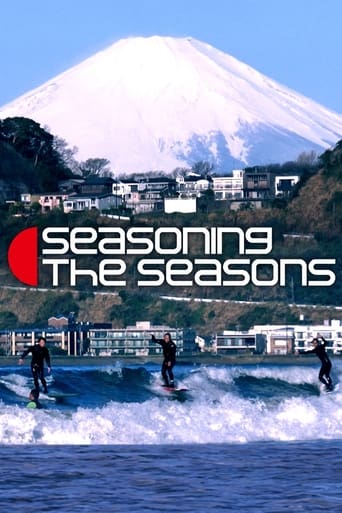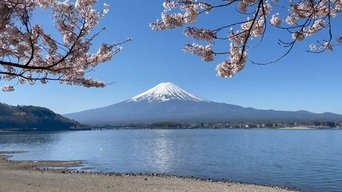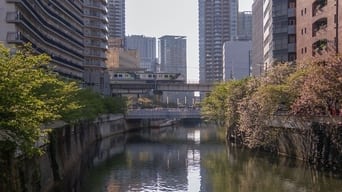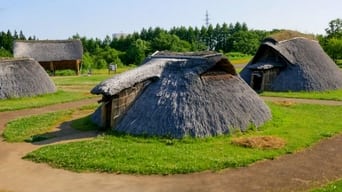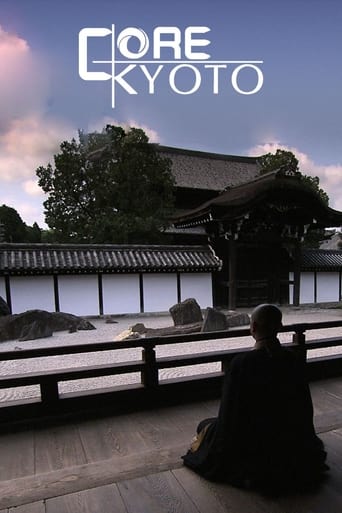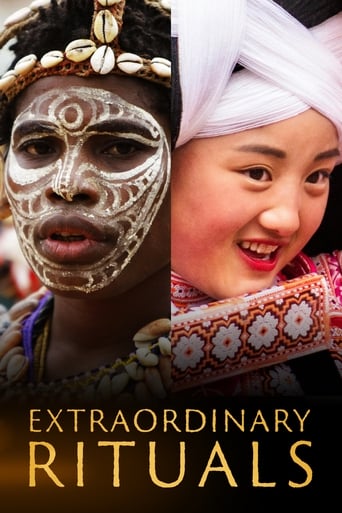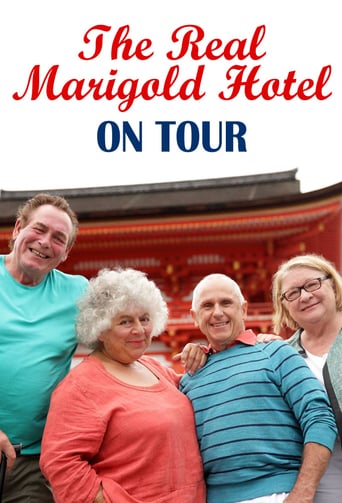Seasoning the Seasons Season 13
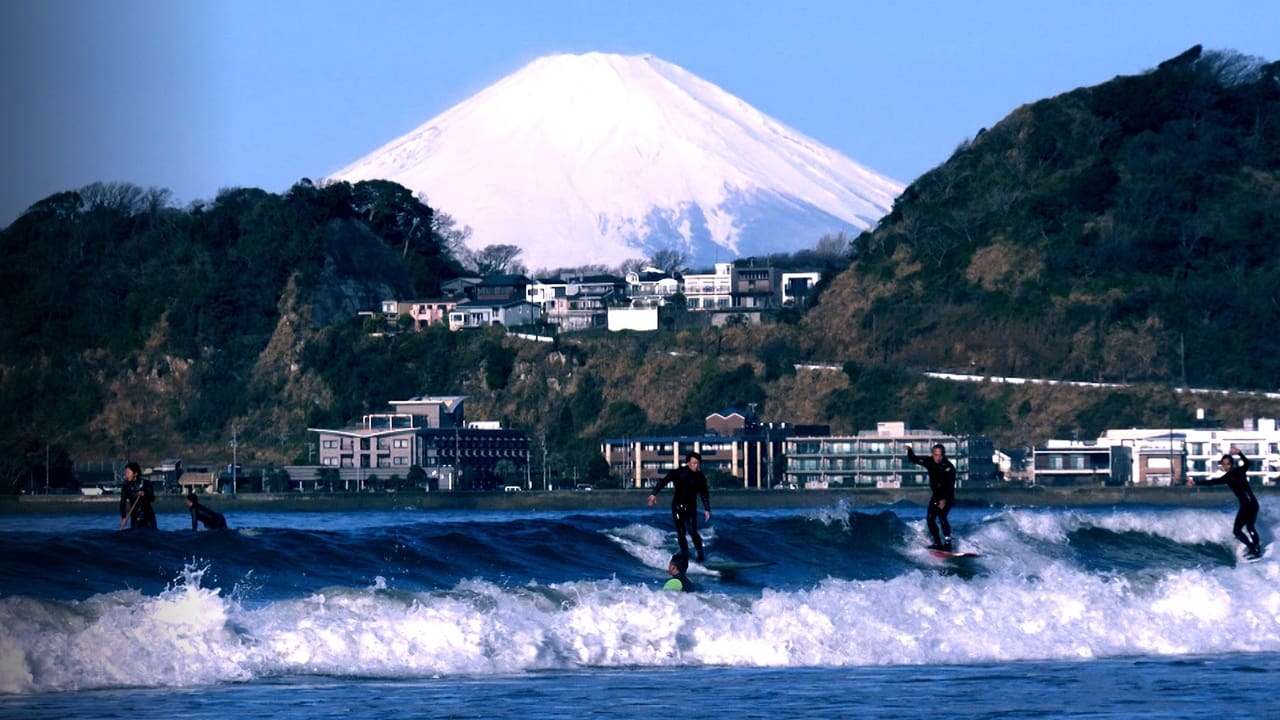
This program visits places across Japan to introduce the charms of their local daily life and festivals fostered by the nation's long history.
Watch NowWith 30 Day Free Trial!
Seasoning the Seasons
2012 / TV-G
This program visits places across Japan to introduce the charms of their local daily life and festivals fostered by the nation's long history.
Watch Trailer
Seasoning the Seasons Season 13 Full Episode Guide
Matsue, in Shimane Prefecture, is located in western Japan. The city borders Lake Shinji to the west, and the Sea of Japan to the north and east. Matsue Castle, a national treasure, stands tall in the middle of the city. The castle's moat, filled with abundant water, marks the gentle passage of time. In this episode, we welcome you to Matsue, a place surrounded by abundant water, and where prayers and lives are connected.
At the foot of Mt. Asama, lies Karuizawa, one of Japan's most well-known resort areas. In the late 1880s, foreign missionaries began building holiday cottages in the town to escape Japan's fierce summer heat. Eventually, wealthy Japanese people began to join them, turning Karuizawa into the place to spend the summer. We take a deeper look at the lifestyles of those who enjoy summer in Karuizawa. The true appeal of the resort only reveals itself when you experience an extended stay.
Yamagata Prefecture is located in the Tohoku region of Japan, where cherry blossoms have finally begun to bloom in late April. Our story starts in a basin located in the eastern part of Yamagata, surrounded by the Dewa Mountains to the west and the Ou Mountains to the east. As the snow melts, bright colors of nature begin to stand out. In this episode, we experience the vivid colors of Yamagata from spring to early summer which brings together its people and nature.
Japanese people have, since time immemorial, loved Mt. Fuji, Japan's highest peak. Around the mountain's base, there are five lakes of various sizes. These are the Fuji Five Lakes, which are found in Yamanashi Prefecture, on the north side of Mt. Fuji. The five lakes were formed by Mt. Fuji's repeated volcanic eruptions, when lava flows blocked rivers or split existing lakes. In times past, and still today, the lakes are an essential part of life for residents along their shores.
The calmness of Seto Inland Sea, located in western Japan, will send your worries away. One thing that has been firmly supporting lives in this area is stone. The stone walls of the famous Osaka Castle are made of one million pieces of stone, most of which were granite quarried from the islands in the Seto Inland Sea, and shipped to parts of Japan. In this episode, we travel to the coastal area of the Seto Inland Sea, where life involves around reliable yet warm stones.
The Ikegami line runs through southeast Tokyo linking Kamata with Gotanda. Trains take 22 minutes to cover the line's 10.9 kilometers. The line winds through local neighborhoods, also cutting through Tokyo's longest shopping arcade. Each of the line's stations is rooted in the community. While the time may pass and the scenery change, the line is integral to local people's lives. We take a springtime trip along this local Tokyo railway.
Today in Japan, the Jomon period is experiencing a quiet boom. Jomon is a unique Japanese culture that lasted approximately 13,000 years in the pre-Christian age, within the Mesolithic and Neolithic periods in world history. It was a time when pit-buildings, pottery, and bows and arrows started to be used. Jomon ruins found throughout Japan number up to 90,000 locations. We go on a journey all over Japan to discover Jomon culture that is still alive.
Free Trial Channels
Seasons


